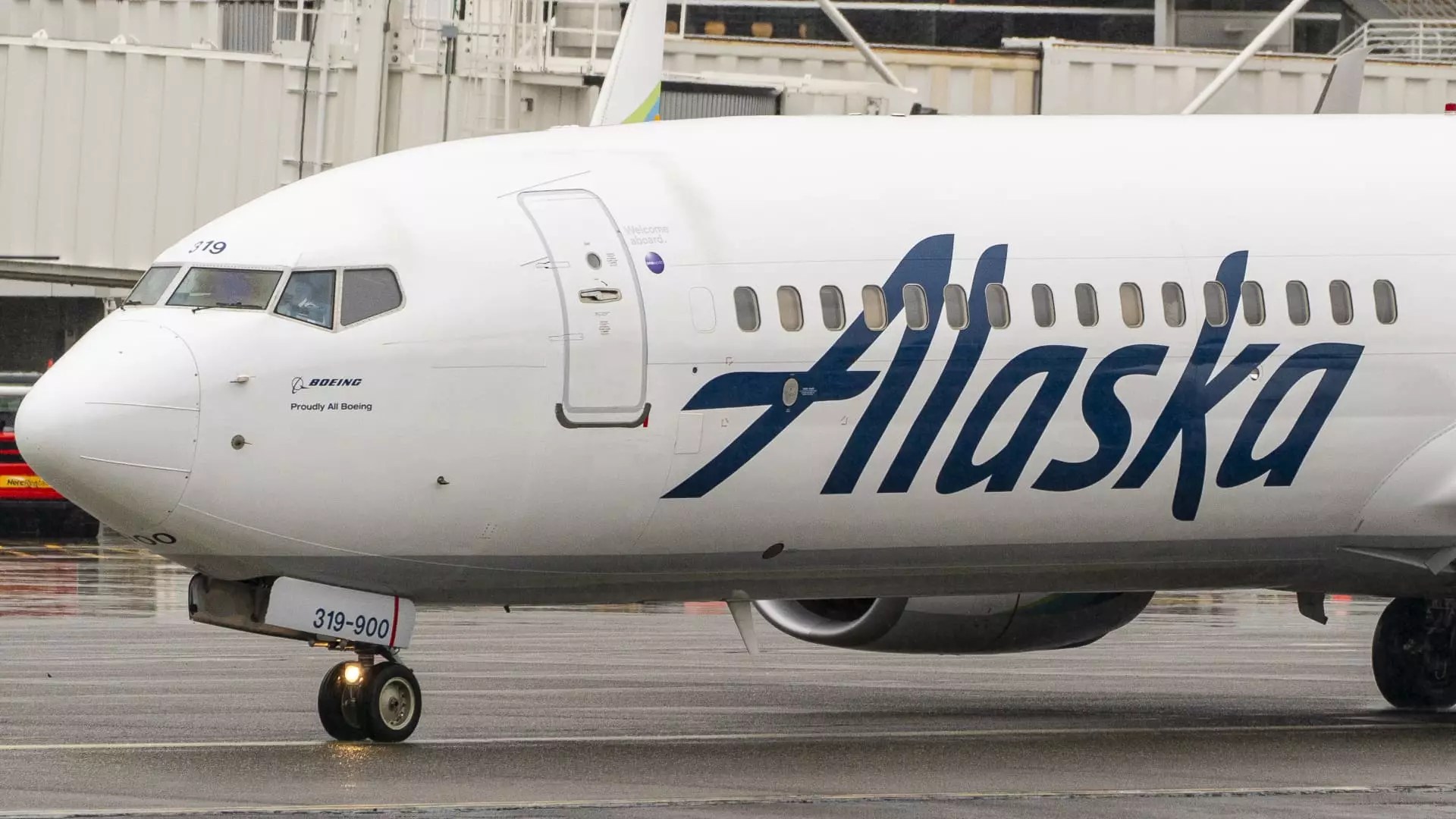Alaska Airlines flight attendants have rejected a new labor deal that would have included significant raises of more than 24%. This decision was announced by their union, the Association of Flight Attendants-CWA, following a tentative agreement reached in June. The agreement included boarding pay, back pay, and average pay increases of about 32% over a three-year period.
Despite the initial agreement, both the union and the airline recognize that there is still work to be done. The union plans to survey its members to identify key issues that need to be addressed before returning to the negotiating table. The airline, on the other hand, remains committed to reaching an agreement that acknowledges the crucial role of flight attendants and contributes to Alaska’s long-term success.
Industry Trends
This labor dispute comes at a time when airline workers across the industry are advocating for better pay and working conditions. The impact of Covid-19 on the industry has led to a renewed focus on labor negotiations as employees seek to address salary concerns and ensure fair treatment. With salaries and fuel being major cost components for airlines, negotiations have become increasingly important for both sides.
While pilots at major carriers have successfully negotiated new contracts in recent years, other airline workers, including flight attendants, continue to push for improved pay and benefits. American Airlines was able to reach an agreement with its flight attendants union last month, and members are currently voting on its ratification. Meanwhile, United Airlines is still in the process of negotiating a new contract with its flight attendants’ union.
The rejection of the new labor deal by Alaska Airlines flight attendants highlights the ongoing challenges faced by airline workers in securing fair compensation and working conditions. As the industry continues to navigate the effects of the pandemic, labor negotiations play a crucial role in shaping the future of airline operations and employee relations. Both the union and the airline will need to engage in further discussions to address the concerns raised by flight attendants and work towards a mutually beneficial agreement.


Leave a Reply